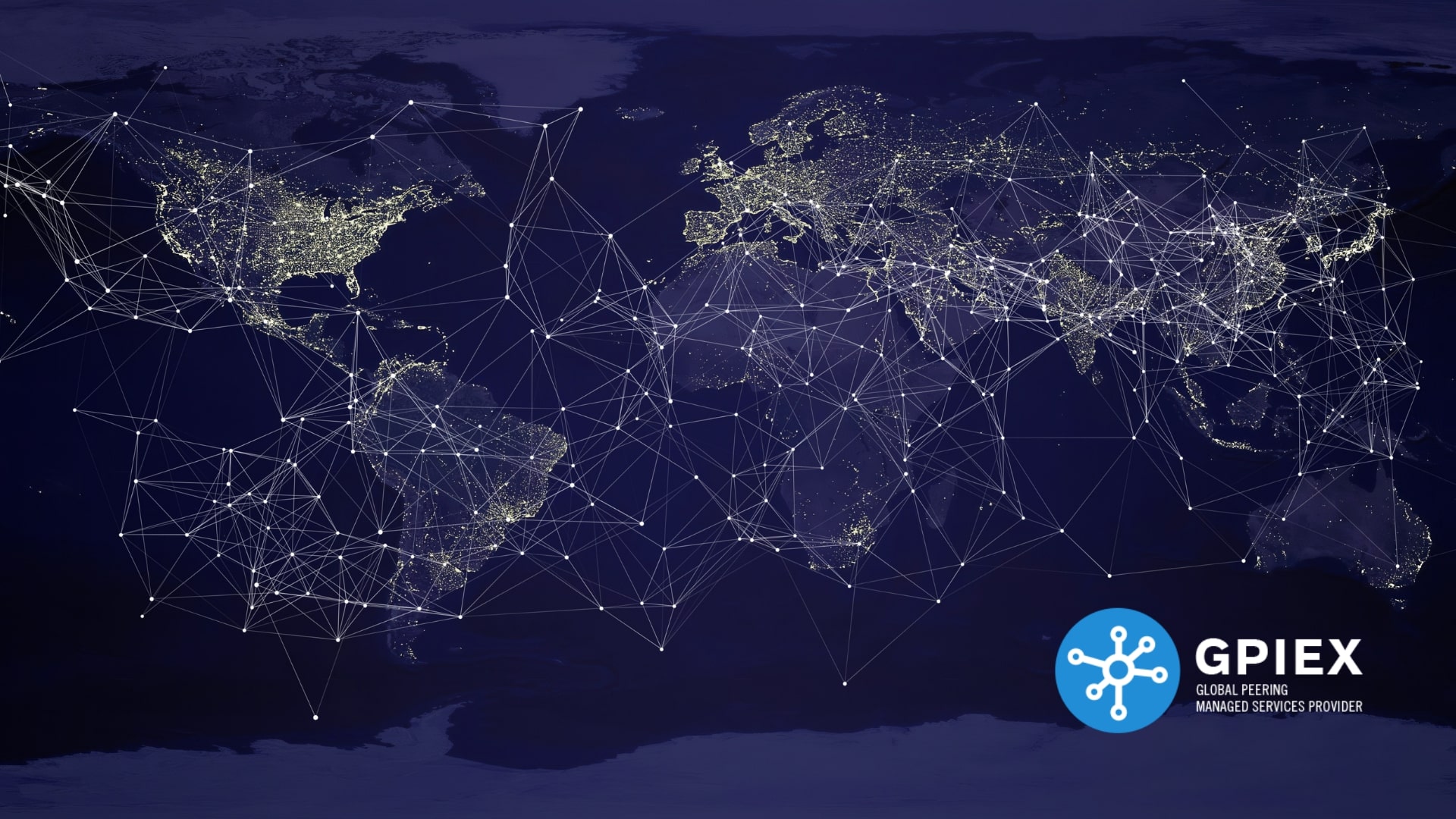CDN stands for Content Delivery Network but do you know what it does, GPIEX will tell you all about it.
CDN refers to a geographically distributed group of servers that work together to provide fast delivery of Internet content. Its popularity is growing faster than ever before, and today most of the web traffic is served through CDNs, including traffic from big sites like Facebook, Netflix, and Amazon. When properly configured, CDN may also help protect websites against some common cyber threats, such as Distributed Denial of Service (DDOS) attacks.
A CDN does not host content which means that it can’t replace the need for proper hosting provider; it does not have the capacity to support web hosting necessities. It does help cache content at the network edge that in return improves website performance. Many websites struggle to have their performance needs met by traditional hosting services, which is why they turn to CDNs. This is the main reason why CDNs are becoming a fast-rising solution to relieve a few primal issues that are present with traditional web hosting such as preventing interruptions in service, and bettering overall security. There are many benefits found in CDNs like:
- Improve website load time.
- Increase content availability.
- Improves website security.
- Reduce bandwidth costs.
CDN uses internet exchange points (IXP) to ensure connectivity and optimized speed. GPIEX the global peering managed services provider offers CDN optimized routing; our solutions are by far the best ones in the market.



